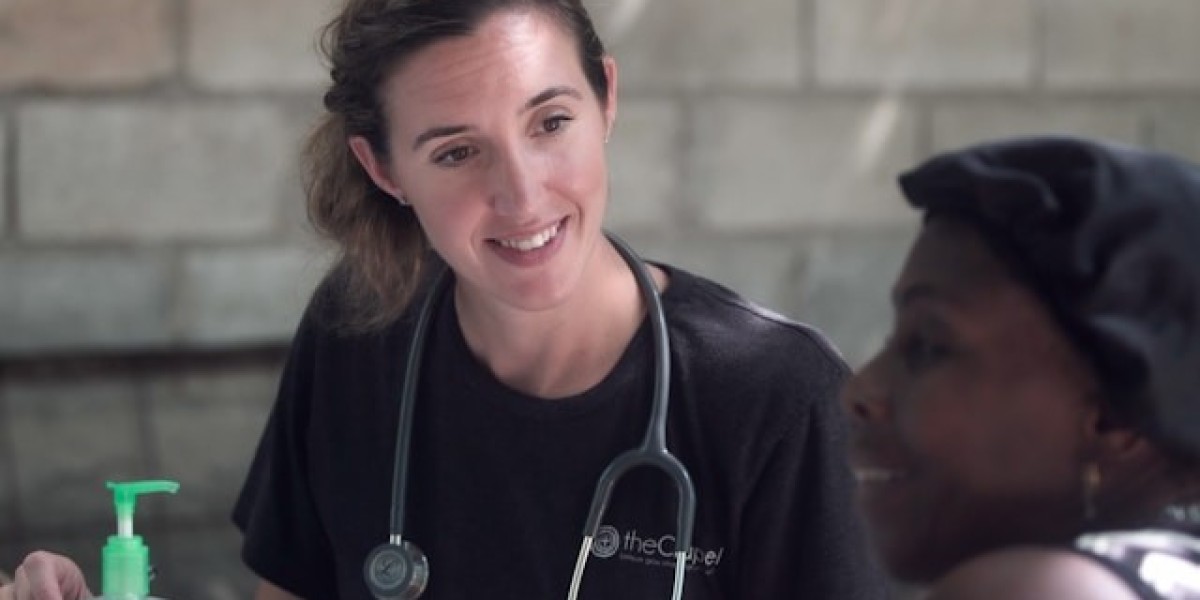Many people leave their appointments feeling as though they didn’t get the information they needed simply because they didn’t know what to ask. Asking the right questions can empower you to make informed decisions about your health. This article will guide you through the critical questions to ask during a medical consultation, ensuring you leave the appointment with clarity and confidence.
General Questions for Any Medical Consultation
Regardless of the reason for your visit, certain questions are universally beneficial:
- What is causing my symptoms?
- Understanding the root cause of your health issues is essential for managing or resolving them.
- Are there other potential causes for my condition?
- Sometimes, symptoms can be linked to multiple conditions. Asking this ensures your doctor considers all possibilities.
- Do I need any tests or procedures?
- Testing can confirm diagnoses or rule out conditions. Inquire about the purpose and necessity of recommended tests.
- What are the risks and benefits of these tests?
- It’s essential to understand what’s involved in diagnostic procedures to weigh their potential outcomes.
- What lifestyle changes can help my condition?
- Prevention and management often involve diet, exercise, and other lifestyle adjustments.
- When should I follow up?
- A clear timeline for follow-ups ensures your progress is monitored effectively.
Questions to Ask About Medications
Medications are often a key part of treatment plans. To use them safely and effectively, ask:
- What is the purpose of this medication?
- Knowing why a drug is prescribed helps you understand its role in your treatment.
- How should I take this medication?
- Ensure you understand the dosage, timing, and whether it should be taken with food.
- What are the potential side effects?
- Be aware of both common and severe side effects so you can act promptly if they occur.
- Are there any interactions I should be aware of?
- Mention other medications, supplements, or foods you consume to avoid adverse interactions.
- What should I do if I miss a dose?
- Understanding how to handle missed doses prevents mistakes.
- Are there non-pharmacological alternatives?
- Sometimes, lifestyle modifications or other treatments can complement or replace medication.
Questions for Diagnosed Conditions
If your doctor diagnoses you with a specific condition, deepen your understanding by asking:
- What exactly is my diagnosis?
- Ask for a clear explanation and request additional details if medical terminology is used.
- How severe is my condition?
- Understanding the seriousness helps you gauge the urgency of treatment.
- What is the prognosis?
- Ask about the expected course of the condition and the likelihood of recovery or management.
- What are my treatment options?
- Inquire about all available treatments, including their success rates and potential risks.
- What lifestyle changes should I make?
- Ask how diet, exercise, or other habits can impact your condition.
- Are there any support groups or resources?
- Connecting with others facing similar challenges can provide emotional and practical support.
Questions for Preventative Care
Staying ahead of potential health issues is just as important as addressing existing ones. During a check-up or preventative consultation, consider asking:
- What screenings or tests do I need based on my age and risk factors?
- Regular screenings can catch issues early when they’re most treatable.
- Are my vaccinations up-to-date?
- Staying current with immunizations protects you from preventable diseases.
- What steps can I take to improve my overall health?
- Ask about habits and practices that support long-term well-being.
- Do I need to adjust my diet or exercise routine?
- Tailoring these areas to your age, lifestyle, and health goals can make a significant difference.
- Are there hereditary risks I should be aware of?
- If you have a family history of certain conditions, ask how to mitigate those risks.
- What warning signs should I watch for?
- Knowing what to look for can lead to early intervention and better outcomes.
Questions for Surgical Consultations
Surgery can be a major decision. If it’s recommended, ensure you’re fully informed by asking:
- Why is this surgery necessary?
- Understand the benefits and why alternatives might not be sufficient.
- What are the risks and complications?
- Every procedure has risks. Knowing them helps you prepare and weigh your options.
- What will recovery entail?
- Ask about the expected timeline, pain management, and any restrictions during recovery.
- Are there minimally invasive options?
- Less invasive techniques often involve shorter recovery times and fewer complications.
- How experienced are you with this procedure?
- Don’t hesitate to ask about your surgeon’s experience and success rates.
- What happens if I choose not to have surgery?
- Understanding the consequences of non-surgical options is essential for an informed decision.
Questions About Test Results
When you receive test results, you might feel overwhelmed by medical jargon. Clarify by asking:
- What do these results mean?
- Request a detailed explanation and ask for simpler language if needed.
- Are the results normal or abnormal?
- Knowing where you stand helps you understand the next steps.
- What’s the next step if the results are abnormal?
- Inquire about follow-up tests or treatments.
- Can I get a copy of my results?
- Keeping a personal record helps you track your health history.
- How do these results affect my overall health?
- Ask how the findings fit into your larger health picture.
- Do I need to repeat this test?
- Some tests require follow-ups to monitor changes over time.
Questions for Specialist Consultations
Visiting a specialist can feel intimidating. To make the most of your appointment, ask:
- What’s your area of expertise?
- Understanding the specialist’s focus ensures they’re the right fit for your needs.
- Do you have experience treating my specific condition?
- Experience often correlates with better outcomes.
- What are the treatment options for my condition?
- Ask about the latest advancements and standard treatments.
- Will you coordinate with my primary care physician?
- Collaborative care ensures a cohesive treatment plan.
- Are there alternative treatments I should consider?
- Specialists may know of innovative therapies worth exploring.
- How can I reach you if I have further questions?
- Ensure you have a way to contact the specialist if needed.
Tips for Effective Communication
In addition to asking the right questions, these tips can enhance your medical consultation:
- Bring a list of questions: Writing them down ensures you won’t forget key points.
- Take notes: Record the doctor’s answers or ask if you can record the conversation.
- Be honest: Provide accurate information about your symptoms, habits, and concerns.
- Bring someone with you: A second pair of ears can help retain information and ask additional questions.
- Ask for clarification: Don’t hesitate to request simpler explanations if something is unclear.
Conclusion
A medical consultation is your opportunity to advocate for your health and gain clarity about your condition and treatment. By preparing thoughtful questions and fostering open communication, you can leave the appointment feeling informed and empowered. Whether you’re managing a chronic condition, exploring treatment options, or focusing on prevention, the right questions can make all the difference.



